Scientists have developed a CRISPR-based diagnostic that detects pathogens in blood with million-fold greater sensitivity—without the need for DNA amplification.


Scientists have developed a CRISPR-based diagnostic that detects pathogens in blood with million-fold greater sensitivity—without the need for DNA amplification.
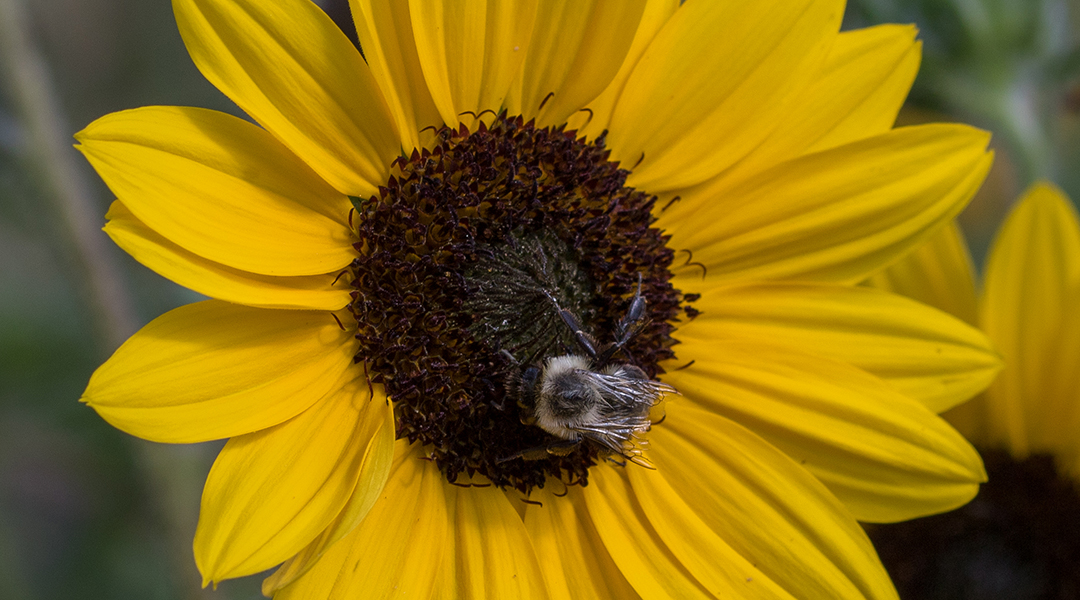
Planting sunflowers in pollinator habitats can boost bee health by providing them with pollen that protects against intestinal pathogens.
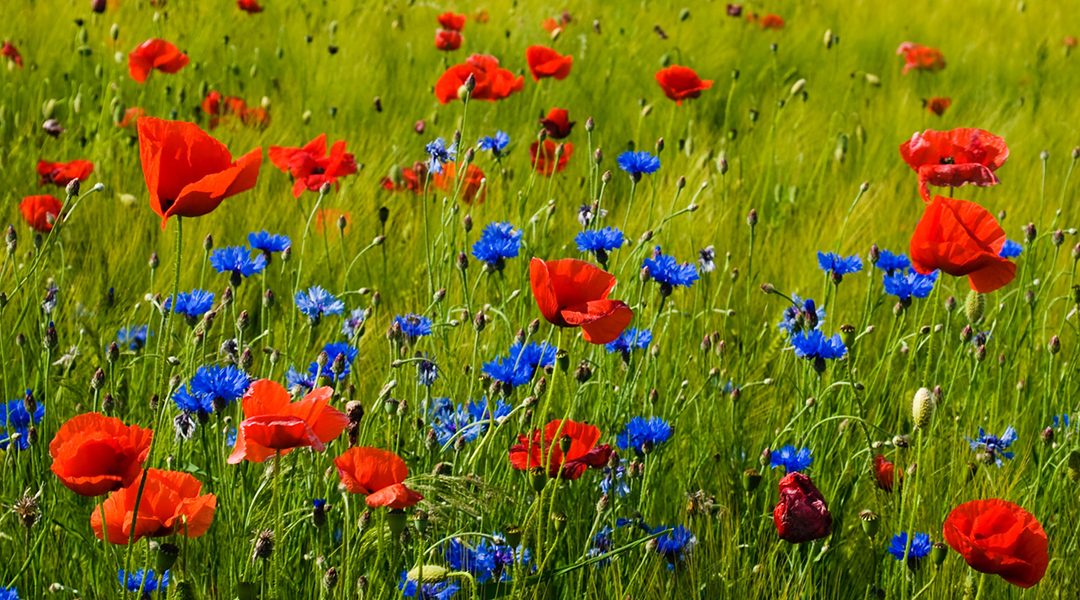
As plants evolved to live on land, so too did their immune systems, offering protection against dangerous fungi.

Researchers develop a reusable filter paper made from titanium dioxide nanowires that is capable of trapping and killing pathogens like the SARS-CoV-2 virus.
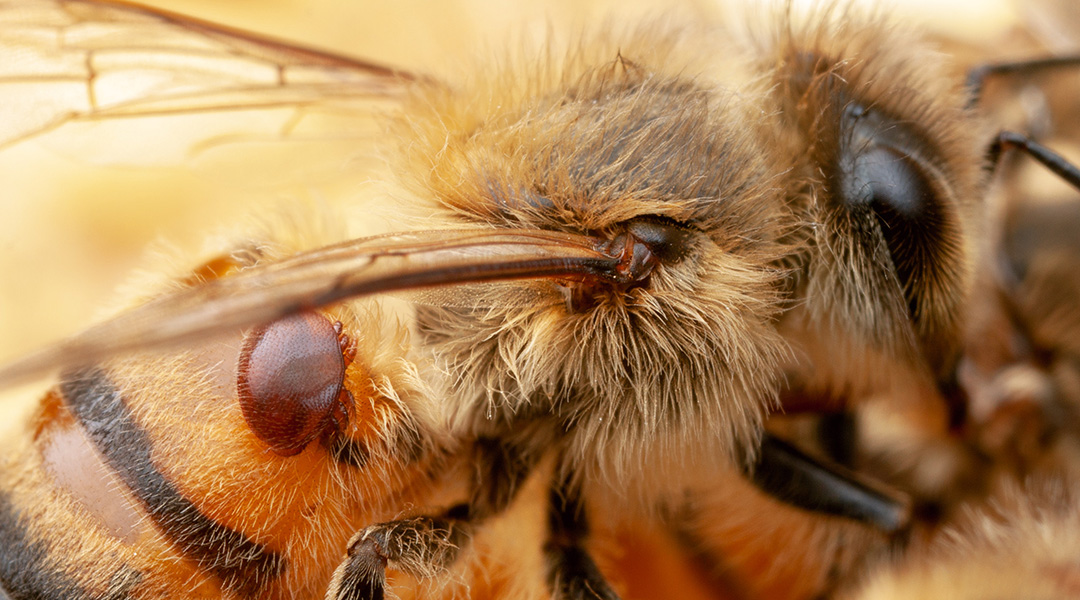
Using bacteria to combat varroa mites, a common pest that can weaken honey bees and make them more susceptible to pathogens.
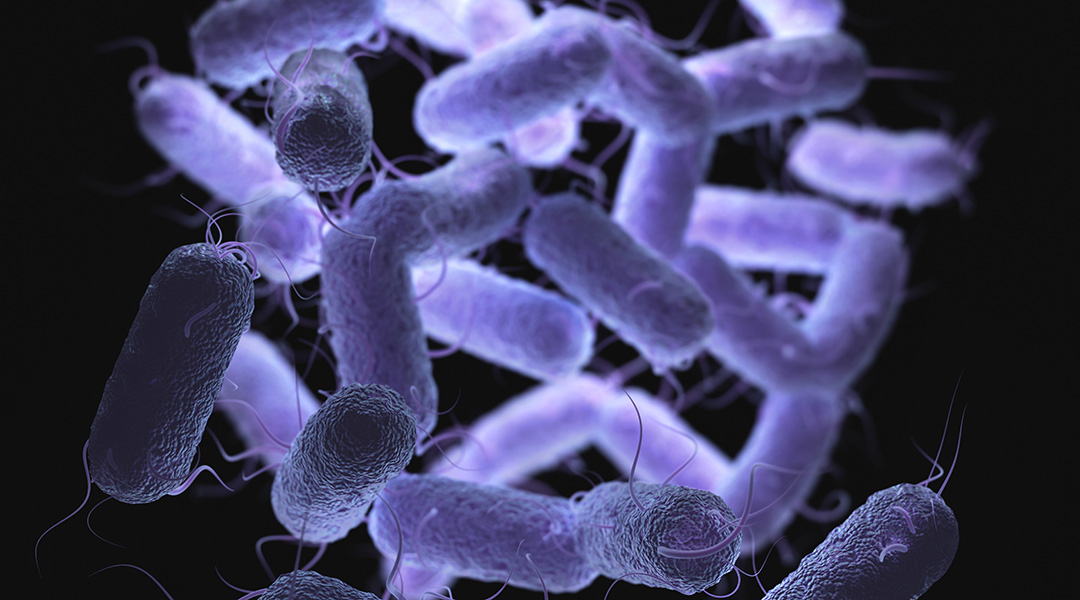
Self-propelled-onion-like microvehicle can attract, trap, and destroy biological threats
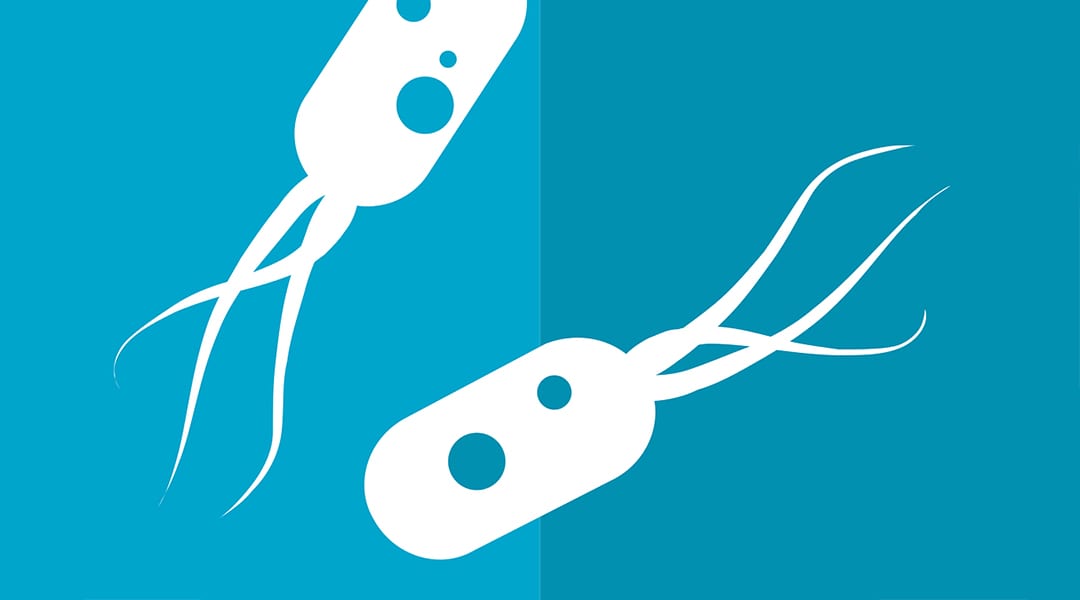
Cyclic-di-GMP regulation of bacterial virulence is specific to each pathogen, strain, and type of infection. Differences in the composition and structure of extracellular matrix components could underlie the variation in immune response in the mammalian host.
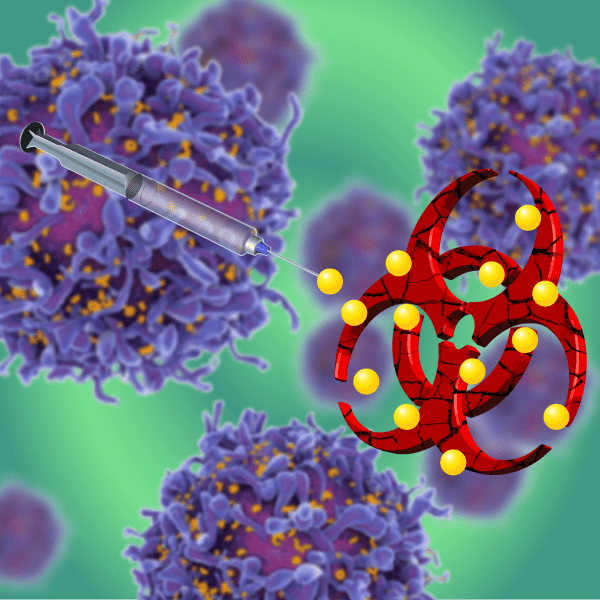
Nano- and micro-particulate vaccine delivery systems minimize side effects, trigger targeted and robust immune responses, and protect and stabilize vaccine components
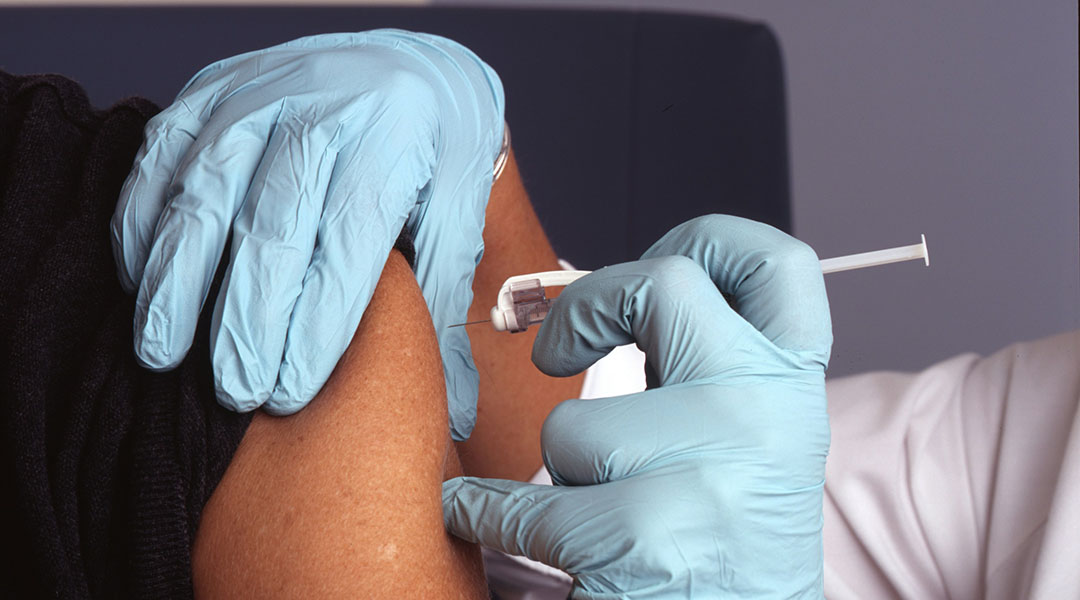
The quasi-vaccine could help healthcare workers weather a virus outbreak in the future.
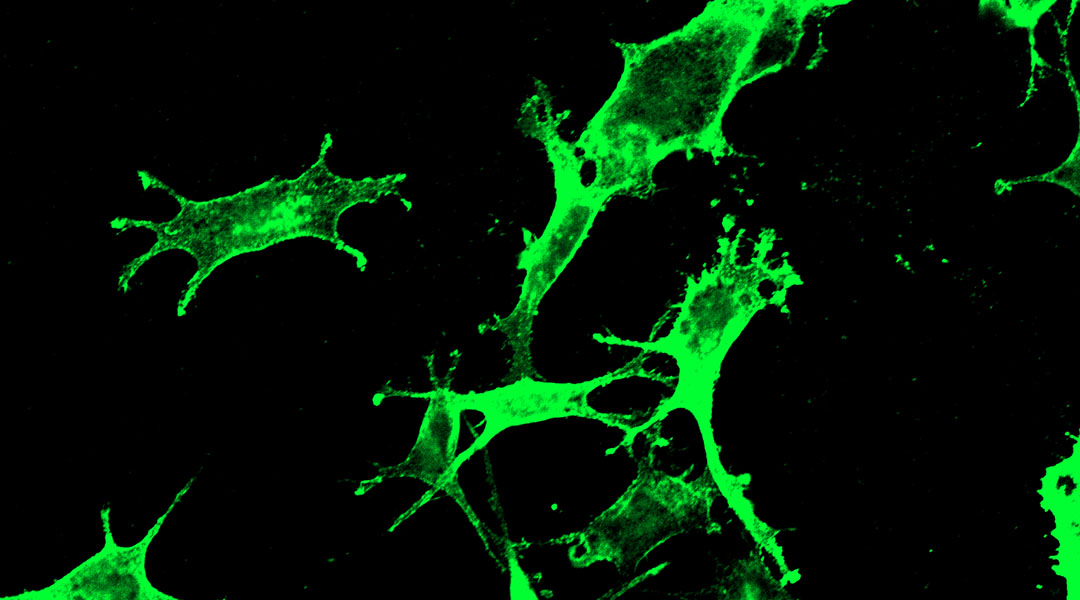
SARS-CoV-2 marker used to trigger the immune system against cancer, showing promise in shrinking tumors and improving survival in mice.